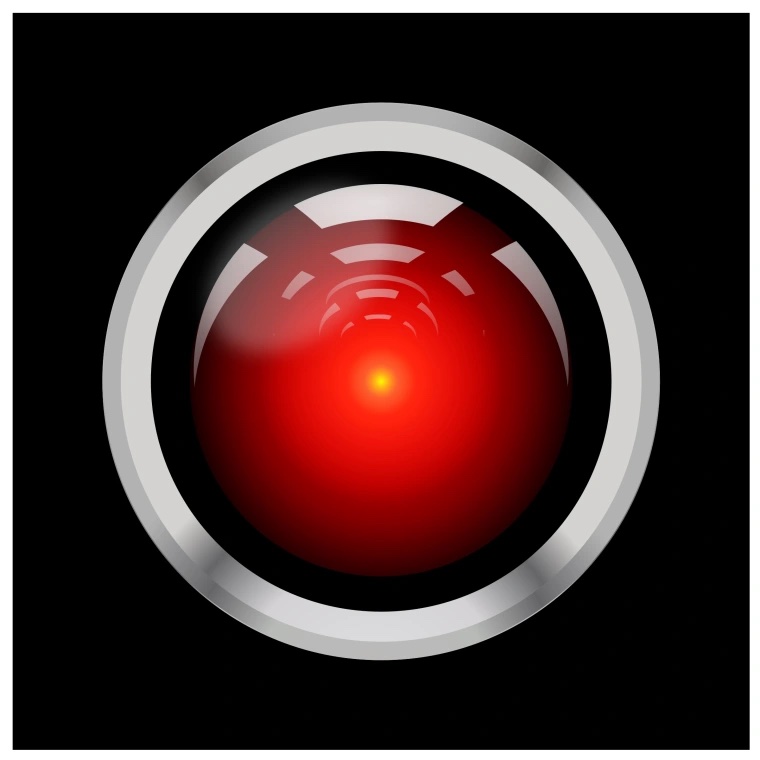https://www.vox.com/2018/4/26/17283314/2001-a-space-odyssey-music-stanley-kubrick-50th-anniversary
Music is a big component in 2001: A Space Odyssey (1968), considering the sparse 40 minutes of dialogue spread across the nearly two-and-a-half-hour cinematic journey. The profound stillness of space, coupled with the serene and deliberate pace of visuals, starkly contrasts the impactful role of sound and music, ultimately placing a significant emphasis on the auditory elements. Stanley Kubrick’s meticulous quest for the perfect soundtrack resulted in memorable pieces, such as the iconic Also Sprach Zarathustra by Richard Strauss. However, these celebrated tracks were among the fortunate few selected by Kubrick, driven by his idiosyncratic pursuit of perfection. With the aspiration to craft a unique soundtrack for the film, Stanley Kubrick collaborated with several composers, prominently including the well-established Hollywood composer Alex North. Despite North’s dedicated efforts in composing tracks for Kubrick’s project, the director, in his characteristic Kubrick-esque fashion, opted not to utilize any of the pieces and failed to communicate this decision to North. North only became aware of this when he attended the film’s premiere.
North’s opening score for the film can be found online, offering an interesting opportunity to discern the nuances and divergences between Richard Strauss’s original composition and North’s interpretation. By examining the disparities in their compositions, one can gain insights into the artistic preferences and cinematic vision that led Kubrick to select Strauss’s work as the preferred accompaniment for the film.
Undoubtedly, both tracks achieve sonic perfection and capture the essence of space’s vast grandeur. However, their impact in conjunction with Kubrick’s visuals diverges significantly. Alex North’s score conjures the feeling of a hero embarking on an adventurous journey, setting an expectation that the opening scene will transition to a main character navigating a ship toward an exploration, perhaps eventually towards the dark and looming planet displayed on screen. In tandem with the visuals, the score suggests a film heavily grounded in mystery and discovery. On the contrary, Richard Strauss’s composition elevates the visuals beyond the immediate screen presentation. The music transports the viewer beyond the rising sun, conveying a message to the audience that this is not merely a film about exploration but revelation. It becomes clear why Kubrick leaned towards Strauss over North. North’s piece is somewhat exaggerated, formulaic, light, and airy, reminiscent of typical Hollywood sci-fi adventure films. It lacks the haunting depth found in Strauss’s work, which is accentuated through the dance between the booming bass and chords that generate tension. It ultimately adds suspense to the opening and infuses an eerie, sublime atmosphere into the overall otherworldly tone. Pondering the potential trajectory of the film, had Kubrick mainly relied on North’s work instead of opting for original compositions, adds a layer of intrigue to the cinematic what-ifs.

Leave a Reply